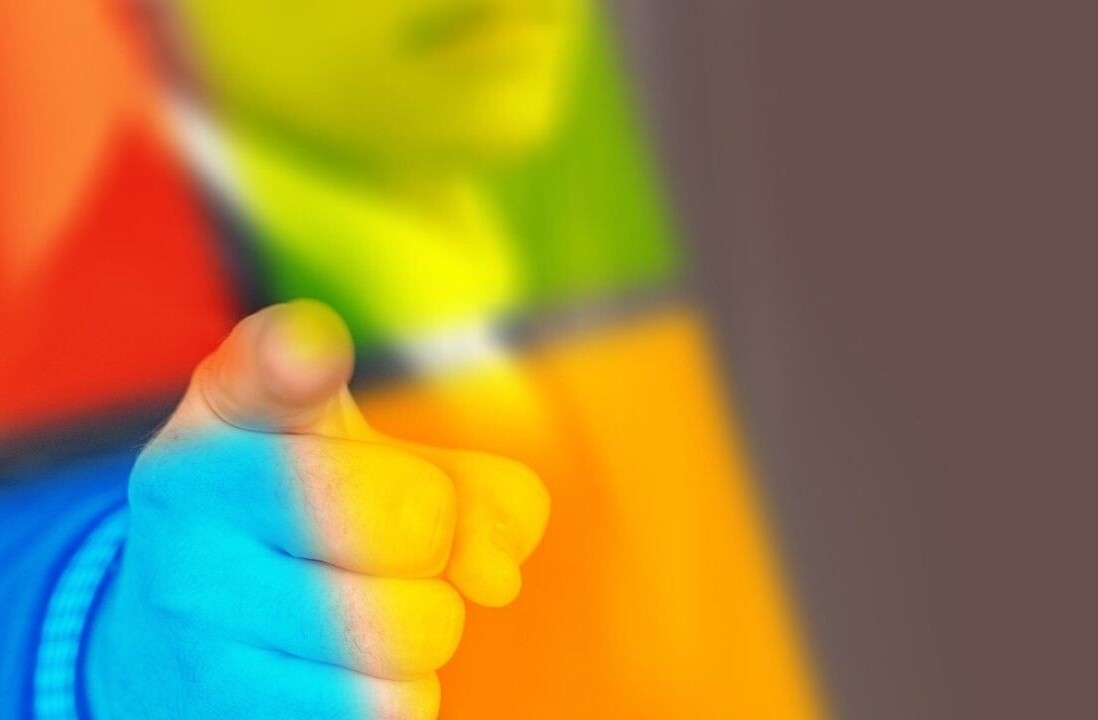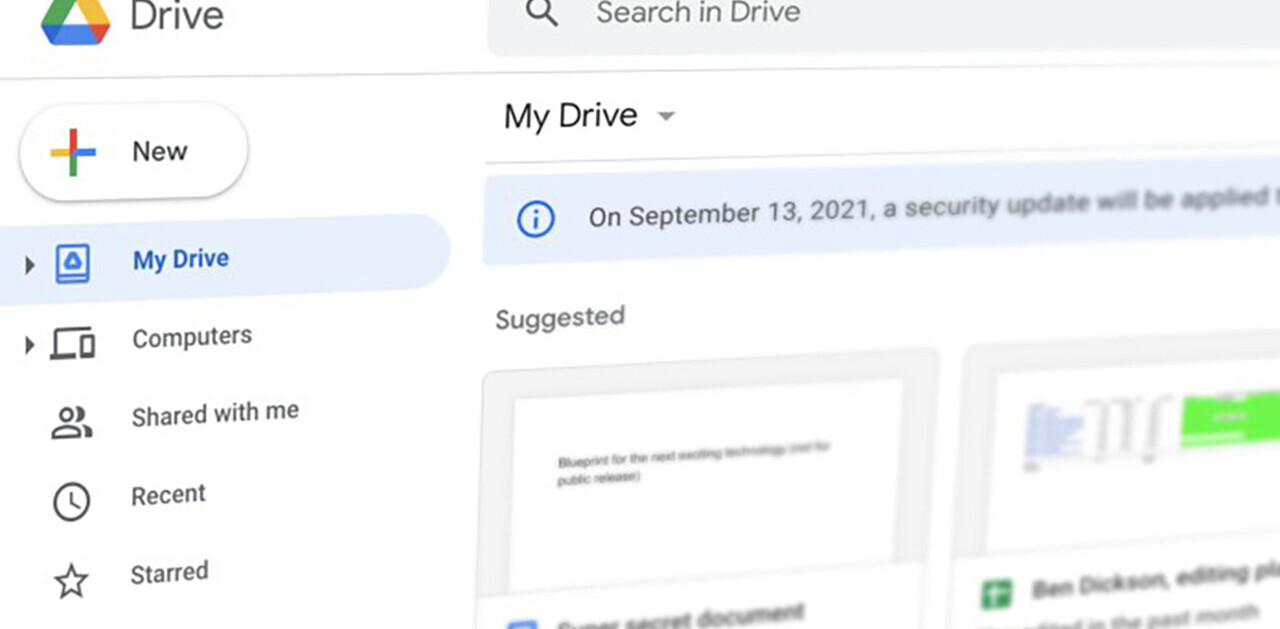
A new version of Atlassian’s HipChat team communications app designed to run on private networks has been released today. HipChat Server has been in beta testing since 2013 but is now officially available.
The new implementation works behind corporate firewalls and is aimed at companies and organizations in sectors such as financial services, government and healthcare where more stringent security and compliance is required.
HipChat Server supports video, audio and screen sharing just like its cloud version and works with the native clients for Web, Mac, Windows, iOS and Android. HipChat Server plans start at $10 per month.
Bernardo de Albergaria, HipChat’s General Manager, told TNW that 300 million messages are now sent via the app per month and that over four billion have been sent over its lifetime.
Addressing the huge amount of press received by HipChat’s newer rival Slack, de Albergaria was almost painfully upbeat:
“We are glad people are paying attention to these tools. If someone gets a lot of press because they got a $1 billion valuation, we’re happy about that. We’ve seen a lot of growth because people are aware of these tools now. This is not a winner takes all market.”
In fact, he even referred back to my recent interview with Slack’s CEO, Stewart Butterfield, to nick an analogy: “To borrow Stewart’s words, we definitely want to be one of the best hotels you want to stay in.” Butterfield said his vision for Slack is comparable to a “well-run hotel.”
As well as launching HipChat Server, Atlassian is expanding the HipChat business unit. The company plans to increase its total workforce by 500 employees before June 2015 and triple the size of the team developing HipChat.
De Albergaria says: “We’re becoming more and more a team collaboration company for all kinds of teams, not just software development teams. We want HipChat to be the dial tone for all team communications.”
HipChat launched back in January 2010 and was acquired by Atlassian in March 2012, so it’s one of the longer-standing options available. The question is whether it can maintain its position and grow in a market quickly being flooded by newer entrants.
➤ HipChat
Read next: Slack’s Stewart Butterfield Doesn’t Fear Facebook At Work
Get the TNW newsletter
Get the most important tech news in your inbox each week.






